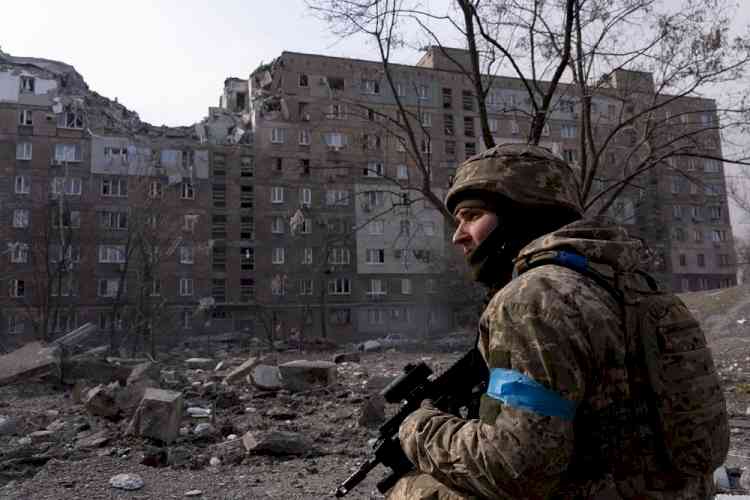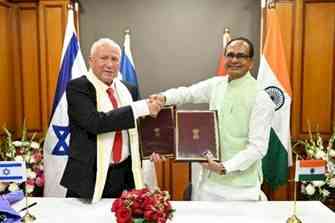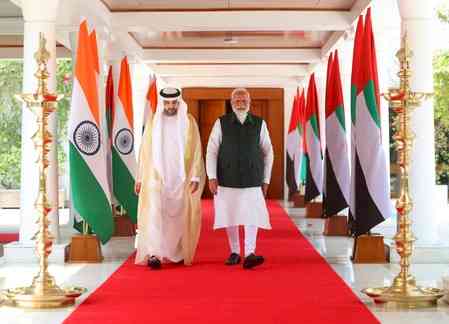Russia-Ukraine war will impact consumers across globe: FAO
The Russia-Ukraine war will impact consumers across the world as it has increased food, energy and fertilizers prices and put the next global harvests at risk, Director-General of the Food and Agriculture Organization (FAO) of the UN, QU Dongyu, warned on Friday.

Rome, April 8 (IANS) The Russia-Ukraine war will impact consumers across the world as it has increased food, energy and fertilizers prices and put the next global harvests at risk, Director-General of the Food and Agriculture Organization (FAO) of the UN, QU Dongyu, warned on Friday.
A global food crisis of this scale last seen in 2008, can still be averted, he added.
In an address to the 169th session of FAO's Council, convened to discuss the consequences of the war on global food security, Qu emphasised the importance of keeping global supply chains functioning and highlighted FAO's work on the ground.
The meeting was held as food prices posted a 12.6 per cent rise from February, reaching a new all-time high in March, with cereals and vegetable oils prices surging, according to FAO's latest Food Price Index.
"Prices for staple foodstuffs such as wheat and vegetable oils have been soaring lately, imposing extraordinary costs on global consumers, particularly the poorest.
"And with energy prices rising in parallel with food prices, the purchasing power of vulnerable consumers and countries has further decreased," Qu said.
Today's high fertiliser prices could lead to lower fertiliser use next season and possibly later too, thus resulting in decreased food production leading to higher food prices.
"This would potentially result in even more undernourished people in 2022 and months to come," Qu warned.
Russia and Ukraine together account for nearly 30 per cent of global wheat exports and about 80 per cent of global sunflower exports. Russia is the largest exporter of fertilisers.
This means that supply disruptions in these two countries will be felt across global agrifood systems, the Director-General said.
According to him, while the supply situation on global food markets is tight and there are reasons for concern, these issues can be contained, and a global food crisis can be averted.
That will depend on avoiding a repeat of the mistakes made in 2008, when "counter-productive policies" on trade were imposed.
"The major difference from 2008 is that today we are facing the big risk that our planting season for next year will be drastically affected -- in 2008 the shock was due to a drought and did not put at risk the next planting season," Qu said.


 IANS
IANS 








